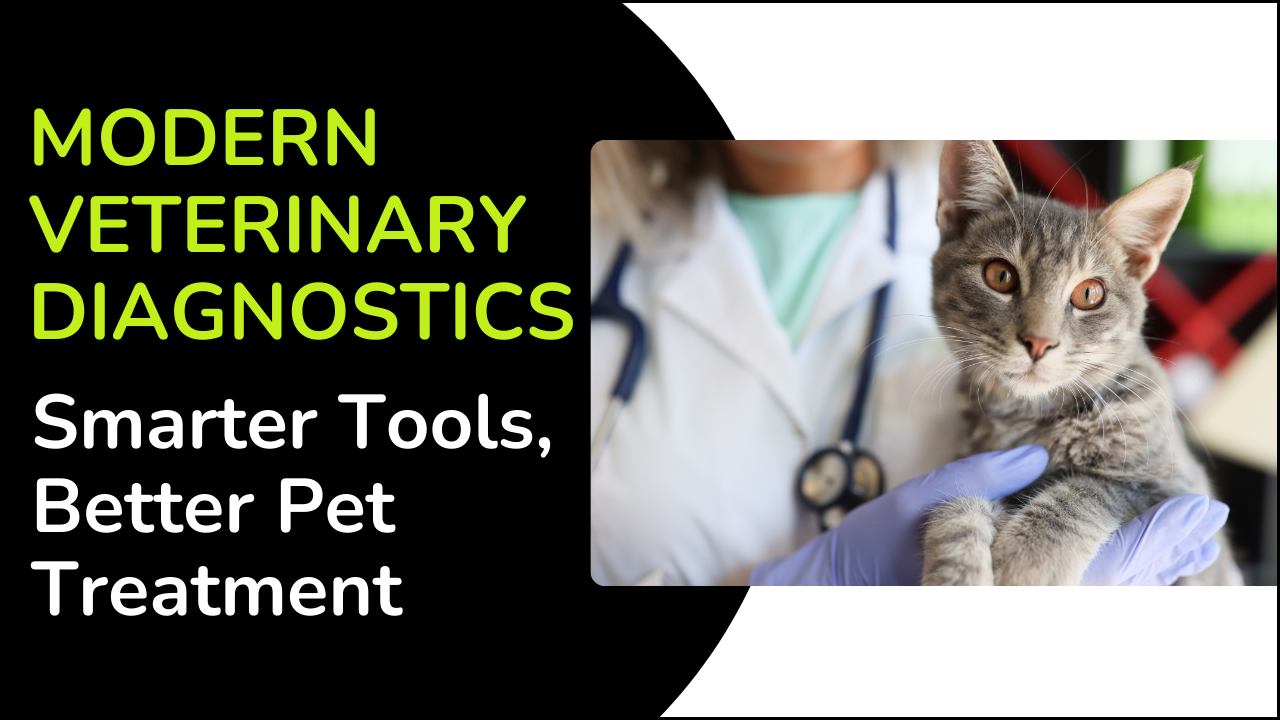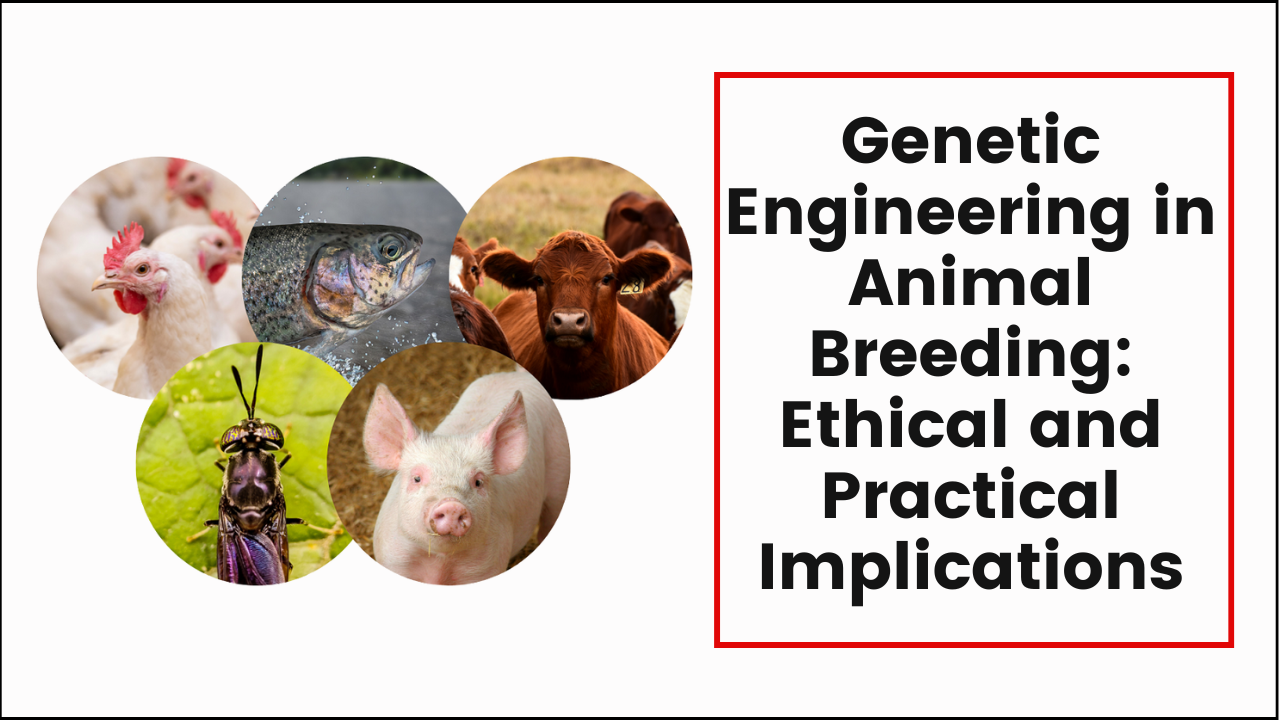
Pets bring joy, companionship, and unconditional love to our lives. But like humans, they are also prone to various health issues. Understanding common pet health problems and knowing how veterinarians address them can help owners ensure their furry friends stay happy and healthy. Here’s a look at the top 10 common health issues in pets and how veterinary professionals treat them.
Table of Contents
1. Obesity
- Problem: Obesity is one of the leading health concerns in dogs and cats. Excess weight can lead to serious conditions like diabetes, heart disease, and arthritis.
- Veterinary Treatment: Vets usually recommend a tailored weight loss plan involving a balanced diet and increased exercise. They may prescribe specialized low-calorie food and monitor the pet’s weight loss progress through regular check-ups.
2. Dental Disease
- Problem: Periodontal disease is very common, particularly in older pets. Plaque and tartar buildup can cause infections, tooth loss, and even organ damage if bacteria enter the bloodstream.
- Veterinary Treatment: Vets perform professional dental cleanings under anesthesia. They may also recommend regular at-home care such as brushing, dental chews, and special diets to maintain oral hygiene.
3. Ear Infections
- Problem: Ear infections often affect dogs, especially breeds with floppy ears like Cocker Spaniels. Symptoms include scratching, head shaking, redness, and a foul odor.
- Veterinary Treatment: Vets typically clean the ear canal thoroughly and prescribe ear drops containing antibiotics or antifungal medications. In chronic cases, they may investigate underlying allergies or structural issues.
4. Fleas and Ticks
- Problem: Fleas and ticks not only irritate pets but also transmit serious diseases like Lyme disease and tapeworm infections.
- Veterinary Treatment: Treatment involves prescription flea and tick preventatives, available in topical, oral, or collar forms. In cases of infestation, vets may recommend environmental treatments and thorough grooming.
5. Vomiting and Diarrhea
- Problem: Occasional vomiting or diarrhea may not be serious, but frequent or severe cases could indicate poisoning, infections, or chronic illnesses.
- Veterinary Treatment: A vet will perform diagnostic tests, such as bloodwork, fecal exams, or imaging, to find the cause. Treatment may include fluids to prevent dehydration, anti-nausea medications, special diets, and sometimes antibiotics.
6. Arthritis
- Problem: Arthritis affects many older dogs and cats, leading to joint pain, stiffness, and decreased mobility.
- Veterinary Treatment: Vets often recommend a combination of weight management, pain relief medications, joint supplements like glucosamine, and physical therapy. In severe cases, surgical options like joint replacement may be considered.
7. Skin Allergies (Atopic Dermatitis)
- Problem: Pets often suffer from skin allergies triggered by food, environmental factors like pollen, or flea bites. Symptoms include itching, redness, and skin infections.
- Veterinary Treatment: Veterinarians usually perform allergy testing to identify triggers. Treatment may involve antihistamines, corticosteroids, special diets, medicated shampoos, and long-term allergy management therapies like immunotherapy.
8. Urinary Tract Infections (UTIs)
- Problem: UTIs are common in pets, especially older cats and female dogs. Symptoms include frequent urination, straining, and blood in the urine.
- Veterinary Treatment: Diagnosis usually involves a urine test. Vets treat bacterial infections with antibiotics and may suggest dietary changes to prevent recurrence. If underlying issues like bladder stones are found, surgery or other specific treatments may be needed.
9. Diabetes
- Problem: Diabetes is a growing concern in overweight cats and dogs. Symptoms include excessive thirst, frequent urination, weight loss, and lethargy.
- Veterinary Treatment: Management involves daily insulin injections, dietary changes, and regular monitoring of blood glucose levels. Vets educate pet owners on how to administer insulin and recognize signs of glucose imbalances.
10. Cancer
- Problem: Cancer can affect pets of any age, but is more common in older animals. Common types include lymphoma, skin tumors, and mammary gland tumors.
- Veterinary Treatment: Treatment depends on the type and stage of cancer. Options include surgery, chemotherapy, radiation therapy, and sometimes immunotherapy. Early detection greatly improves the chances of successful treatment.
How to Keep Pets Healthy?
While it’s important to understand common health issues, prevention is always better than a cure. Here are a few proactive steps pet owners can take:
- Regular Veterinary Checkups: Early diagnosis often leads to better outcomes.
- Vaccinations: Keeping pets up-to-date with vaccines protects them from many serious diseases.
- Proper Nutrition: Feeding pets a balanced, species-appropriate diet supports overall health.
- Dental Care: Regular brushing and professional cleanings help prevent dental disease.
- Flea, Tick, and Parasite Prevention: Year-round protection is essential.
- Exercise and Mental Stimulation: Regular activity keeps pets fit and mentally sharp.
Wrapping Up
Pets depend on their owners to recognize when something isn’t right. By staying informed about common health problems and how veterinarians treat them, you can better advocate for your pet’s health and well-being. Regular vet visits, good nutrition, and prompt attention to any signs of illness can ensure that your furry companion leads a long, happy, and healthy life.





